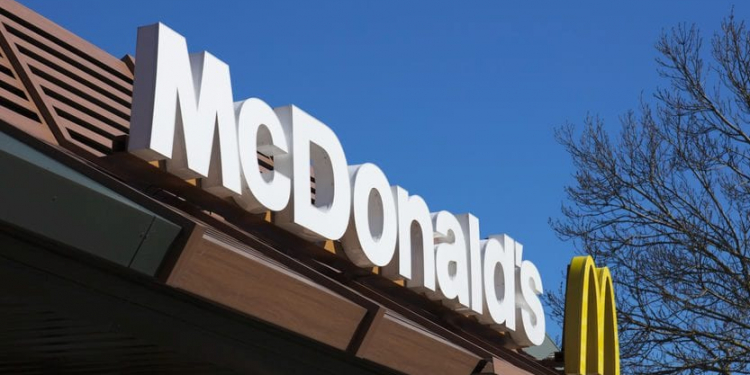The impact of corona on the potato sector is significant. All links in the chain are affected, especially the processing industry and the growers who supply the raw materials. During the digital Potato Days of HZPC, chain participants told about the special times due to corona this week.
The sale of processed potato products is highly dependent on the catering industry and caterers. If that suddenly stops due to a global threat such as covid-19 , the consequences will be dire , ‘notes Cedric Porter of World Potato Markets. ‘This crisis shows flawlessly how vulnerable the potato chain really is.’
This week, Porter was asked by potato breeding company HZPC to tell something about the cohesion of links in the potato chain. He uses the corona crisis more or less as a coat rack for this. Porter is an editor and owner of the digital newsletter World Potato Markets. This medium provides current messages about the potato market.
HZPC organized the traditional Potato Days completely corona proof. In a virtual round table setting, representatives of companies active in the potato chain, from seed potatoes to fast food, told about the special times they are experiencing because of covid-19.
Roller coaster
‘We ended up on a roller coaster overnight this spring,’ says HZPC director Gerard Backx. ‘For us it was in the middle of the delivery season, so we had to switch quickly. Ultimately, thanks to a good team, we managed to deliver the seed potatoes on time. ‘
For this season, work will continue as usual, Backx continues. ‘We are in close contact with chain partners to deal with changing circumstances as well as possible together.’
Dick Zelhorst, director of raw materials at manufacturer Aviko, confirms the intensive contacts in the chain. ‘We experience a lot of solidarity. As a manufacturer, we have lost a lot of trade due to corona. But helping our customers find solutions. Together we try to ease the pain of the loss of turnover. ‘
Growers badly affected
From her arable farm in Northern France, Anne Vandenbossche emphasizes that potato growers in particular have been hit hard by the corona crisis. The chairman of a local interest group says that the great challenge for growers started after the restaurants closed. ‘We were left with large stocks of potatoes that were hardly salable,’ says Vandenbossche.
As Director of Quality Systems, Pedro Sousa is responsible for the supply of agricultural products at McDonald’s. He tells via a Skype connection that experiencing a pandemic for the fast food chain has been exceptional.
‘Nobody was prepared for this and that is an important lesson right away. We are now working hard to make our organization more crisis-proof. We are strongly dependent on good relationships with our suppliers and therefore also the entire potato chain, ‘says Sousa.
Turnover increase of table potatoes
In his conclusion about the consequences of the corona crisis, Porter also sees points of light among all the dark clouds. He cites the upgrading of the fresh potato as an example. ‘Corona is disastrous for the processing industry, but it does cause a 10 percent increase in table potatoes turnover.’
Porter also experiences that because of the surpluses, more attention is also being paid to alternative uses of potatoes. He is referring to the potatoes that were sold last year as animal feed, for the flake industry and the production of biogas. ‘Of course these are not primary sales channels for the potatoes we want to grow. But it is good to have them on hand. ‘
Four countries do 90 percent of French fries exports
The Netherlands, Belgium, the United States and Canada are responsible for 90 percent of French fries exports worldwide. Cedric Porter of World Potato Markets cites this as an explanation for why the corona crisis is particularly serious in these countries. Porter shows export figures showing that the United States exported 80,000 to 100,000 tons of French fries every month until the corona crisis. After this spring, this dropped by 20 to sometimes even 50 percent. The picture from the EU5 countries is comparable. In 2019, European processors recorded monthly export volumes of 400,000 to 500,000 tons. After corona this dropped to less than 300,000 tons, with a smooth recovery from July.







